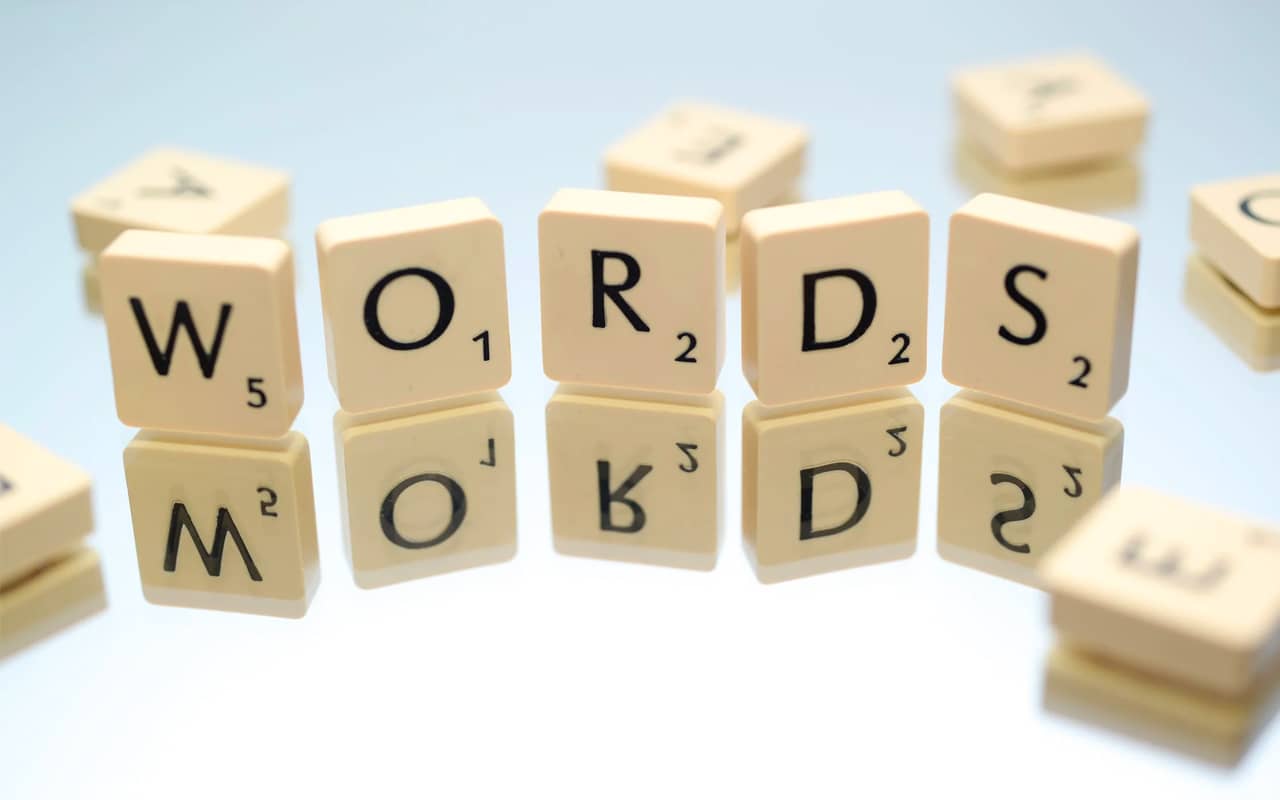 If you’re a slow reader, you might be pulling your hair out with frustration.
If you’re a slow reader, you might be pulling your hair out with frustration.
Whereas others seem to gobble down entire books in an afternoon, you take a week (or longer).
And you might have heard about “speed reading,” and gotten very excited by those techniques.
But you quickly crashed and burned.
Why?
Because all they usually teach are pseudo-scientific eye exercises and bizarre methods of “suppressing” subvocalization.
But the truth is this:
You can increase your reading speed. Without hokey “speed reading” gimmicks.
And on this page, we’ll dismiss many of the myths around why other people appear to read fast.
So even if you don’t want to use the tips I’ll share with you today, you’ll be able to stop the deadly “game of comparisons” that make you feel bad.
Chances are, your reading speed is just fine.
Ready to get started reading this post at whatever pace is right for you?”
Let’s go!
Why Am I A Slow Reader? 8 Reasons (And How To Fix Them)
There are many reasons why people fail to read at a rapid clip.
But not all of them are problems.
Some of the things we’ll discuss are entirely circumstantial too. They have nothing to do with you. When you understand this, your potential for making positive changes go way up.
One: Your Vocabulary Needs Boosting
A lot of people read at a decent pace, but they have to keep stopping to look words up.
This is probably one of the biggest issues readers who want to improve their reading speed face.
Why?
Because vocabulary ability is directly related to reading comprehension.
So how do you fix it?
Imagine if you could add 260 words to your vocabulary over the next 30 days?
Do you think that would speed up your reading?
I’m confident that it would. And that’s why I created this tutorial on how to memorize vocabulary.
Two: You’re In A Distraction Zone
A lot of people think they’re reading slowly, when in fact they’re pushing through the molasses of distraction.
Maybe you’re in a cafe and the background music is too busy.
Or you’re in a room where someone is watching TV.
It could also be that you’re sitting incorrectly. What feels comfortable isn’t necessarily conducive to reading well.
Consider where you read and experiment with different locations. When you find places that work, rotate between them. A small amount of walking will focus your brain and promote better health.
Three: The Book Is Poorly Written
A lot of slow readers blame themselves when it’s actually the book that deserves the criticism.
Some of the best thinkers on the planet are downright horrible authors. In fact, there are some intelligent people who also can’t explain themselves in spoken words either.
Specific problems can include:
- Archaic vocabulary
- Obtuse phrasing
- Obscure references
- Poor introduction skills
- Lack of reflective thinking about the topic matter that helps you connect the dots
So the next time you find yourself reading slowly, look at the text. It might not be you.
Four: You’re Bored
Just as some books are written poorly, there are others that are legitimately boring.
Of course, that doesn’t mean you can avoid reading them.
That’s why I created this tutorial on how to deal with boring topics.
Other ways to make what you read more engaging include elaborative encoding memory exercises.
Basically, if you get bored, you make things exciting for yourself by using the pegword method or the Major System. These are two highly immersive memory techniques that can make even the driest topics interesting and exciting.
Five: Your Mind Wanders While You Read
Ever get distracted by your thoughts?
When I ask myself, “Why do I read slow?” distracting thoughts are usually the issue I face.
Luckily, I found a way to eliminate the problem on demand.
Fire off those two simple questions when you find your mind wandering, and you’ll have focus on demand.
Six: You’re Intimidated
Some books are very long. They can also be incredibly complex.
It’s normal to be a bit nervous.
When I decided to learn about computational consciousness, I felt that way too for a short while.
But when I decided to just get started, I found everything was easier than I thought.
And I realized that in the case of one book in particular, I’d been afraid for nothing.
You see, in Douglas Hofstadter’s Gödel, Escher, Bach, there’s a complicated section near the beginning where he gives you a puzzle to solve.
When I initially read the book, I gave up because I couldn’t solve the puzzle.
If I’d just kept on reading, I would have realized that he was playing a trick on the reader. It’s unsolvable and he puts it there to make a point.
In reality, all books are puzzles and they all contain elements that are unsolvable. That’s why I’ve made it a policy to just keep reading, even when I’m confused and don’t understand.
I keep reading so that I might understand. And I recommend you do the same too.
For more nuance on this, here are some tips for reading the memory books of Giordano Bruno, who is even trickier to grasp than Hofstadter.
Seven: It’s Your Job
Did you know that some people are paid to read slowly?
They’re called copy editors.
The best will always work from a printout and then go through the process again on a screen.
Of course, even the best still make mistakes.
For example, I’ve counted up to seven typos in a single Stephen King book.
If his editorial team can’t catch them all, then such errors are either perfectly human. Or those people need to find ways to read even more slowly in the future.
In any case, if you need to copy edit and still want to speed up the process, try this:
Most computers these days have text-to-audio features.
Sometimes when I’m copy editing my books or this blog, I just highlight the text, press option + esc and let the machine read it back to me.
Although the pronunciations are often awkward, it keeps me focused on my own writing and things go much faster.
Eight: You Need More Brain Exercise
If you’re not in a profession where you would benefit from reading slowly, some solid brain exercise might be just the ticket.
A simple brain exercise that can help you read faster is to read every other word out loud. Try this forward and backwards.
You’ll give up some comprehension, but it will get you in the zone.
And if you need more brain exercises, here are 9 of my favorite. You can also try Harry Kahne’s Multiple Mentality course.
Speed Reading Vs Slow Slow Reading
A lot of marketers talk about speed reading vs slow reading and then give you “magic” techniques to try.
For example, they’ll talk about:
- How to “suppress” subvocalization
- How to skim and scan
- Using a pointer
- Breaking the pages into three columns
- Reducing “back skipping”
- Counting while reading
The problem is, they rarely focus on a visualization reading strategy that can truly help you. You risk the trap of rote learning because these techniques distract you. Then you have to go back and read everything again.
Even some of the best speed reading books lead you into this trap, so read them with caution.
The truth about learning how to read faster is simple. You need to focus on thoroughness and seek to base all reading projects inside of a well-formed context.
That’s where the next tip comes in very handy.
Commit Long Form Material To Memory
We’ve already talked about the value of memorizing vocabulary to boost your reading speed.
Being able to “read inside your mind” is the next level.
Did you know that you can commit entire paragraphs to memory?
The benefits are tremendous.
For one thing, you can compare two passages at once from within your mind. This is a skill that transcends reading and will help you create new knowledge as you think faster.
The only question remains… what to commit to memory first.
I would suggest something that will make your life better as quickly as possible. For some people this would be quotes or ideas from philosophy.
For other people, it might be scripture. You could even start with a mini-goal, like memorizing the Books of the Bible.
Whatever you choose, you’ll want to have the Memory Palace technique under your belt.
To learn how to use it, check out this free course:
Reading Slowly Doesn’t Have To Be A Bad Thing
The two takeaways for today are simple:
- Anyone can read faster
- There are times when reading slowing totally makes sense
Not only do I sometimes read slowly on purpose. I also love to visit books. I use a very specific re-reading strategy to make it happen.
I mean, think about it. If reading a book twice doesn’t count as reading slowly, what does?
And another thing to consider is that books and articles aren’t really meant to be the end.
They’re meant to be the beginning.
The portal to the next thing you read.
And if you found this article useful, why not let it be your portal to my ultimate list of reading strategies?
Related Posts
- 7 Active Reading Strategies That Help You Remember More
Active reading strategies are often poorly misunderstood or lacking. Get these 7 active reading activities…
- How to Remember What You Read: 11 Proven Steps
Although there is no best way to read, if you want to remember what you…
- How to Skim Read Effectively (And If You Even Should)
Are you shocked by the horrible advice about skim reading out there? Here's the truth…











2 Responses
I learnt to read quite easily as a child.
But I’ve always been a slow reader, p a I n f u l l y s…..l…..o…….w.
Got so many books at home, Good Factual Books, but I’m not a reader.
Can you help me please ?
Thanks,
Richard
I can potentially help you with this, yes.
Becoming a reader is as simple as setting a time to read, removing all distractions, and reading.
To become a more strategic reader, use the search function on this blog. There are lots of articles on not only reading better, but remembering what you read.